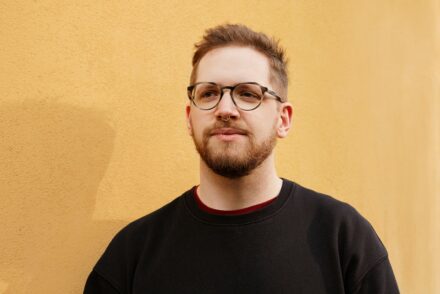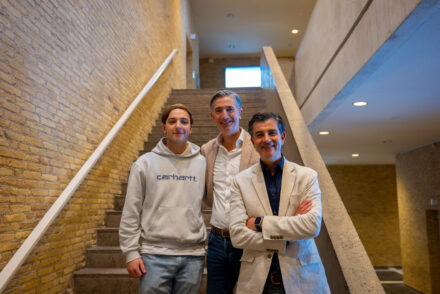2015 in review: Open Access took flight
This year started with the news that the Dutch universities were considering to boycot Elsevier, to put pressure on the publisher in the negotiations for new ‘big deal’ contracts. Elsevier was unwilling to agree on the level of Open Access that the universities wanted. A lot has changed since then.Tilburg University president Koen Becking negotiates with publishers, on behalf of the VSNU, the Association of Universities in the Netherlands. He does this together with his colleague from Nijmegen, Gerard Meijer. To cut costs on journal subscriptions, Tilburg University ended the subscription to the journals Nature and Science, as of February 1. The reason for this was that all universities had agreed on doing the negotiations together, so Tilburg University could not end the Big Deals that they had agreed on in the past. Nature and Science could be canceled, saving the university € 21.527 each year.In Univers no. 8, Koen Becking stated: “The switch to Open Access naturally has consequences for the publishers’ business model. It will be quite a job to come up with a new one, which is easier for some than for others.” Even though Becking, and the Dutch universities with him, realize that it is a change in business model for publishers, they insist that Open Access is the way to go. In the same article, professor Jan Blommaert argued that scholars moved towards their own, personal publication strategies. For now, this can exist alongside Open Access, he said. “I am of course an advocate of Open Access. Who knows, the next Albert Einstein may as we speak be sitting in a Nigerian refugee camp without access to scientific publications.”
In July, the VSNU decided that it was time to start the Elsevier boycott. As a first step, it asked all scientists that were editor in chief of a journal published by Elsevier to give up their post. The reactions varied from very willing to reluctance. Professor Emiel Krahmer, from the Department of Communication and Information Sciences, was one of the people who received this request. He told Univers: “I did not do this, because to me, this is a discussion that should be held at another level in science. This is a magazine that I work on with colleagues. Though it is clear to me that we need to take the road to Open Access, the editing board is dedicated to the content of the magazine. That stands apart from the discussion on the table.”
The Dutch government started to advocate Open Access in Europe. State Secretary Sander Dekker said it is a moral duty and essential to the development of society. More and more publishers and organizations, like Springer, The Bill & Melinda Gates Foundation and Nature Publishing Group, started to move towards Open Access.
In November, The Netherlands Organisation for Scientific Research (NWO) announced that in the future, it will only finance research of which the output is published in an Open Access journal. This worried professor Tobias Klein from TiU International. “The goal is a good goal,” he said, “but for people applying for grants this decision could be a very big deal. In a way, researchers become less free. It is important to have a discussion about this and be honest about the possible impact.” NWO spokesman Maarten Muns said: “NWO only asks the output to appear in journals that allow some form of open publication, the so-called Green Open Access route. We do encourage Gold Open Access”. The ‘green route’ means that the researcher still publishes in a subscription journal but ensures that immediately after publication a version of the work is openly accessible via a public database (for example, a university repository).
And on December 10, the universities reached an agreement with Elsevier for the next three years. This means that scholars keep access to Elsevier journals and that for a selection of this journals, Open Access publishing will be possible. In an interview, president Koen Becking said that the steps we took towards Open Access are ‘irreversible’. In 2016, when The Netherlands are president of the European Parliament, the government will take a strong stand for Open Access in Europe.







